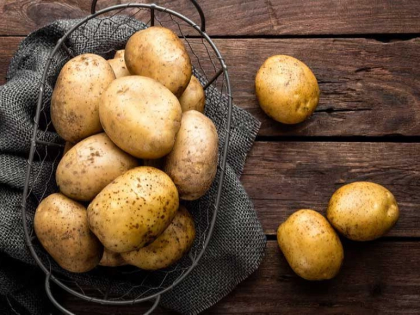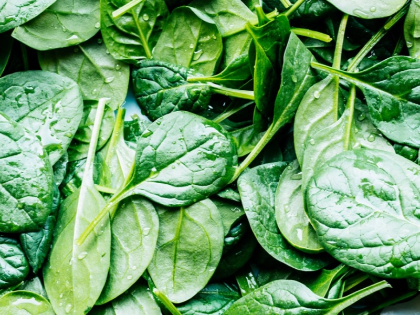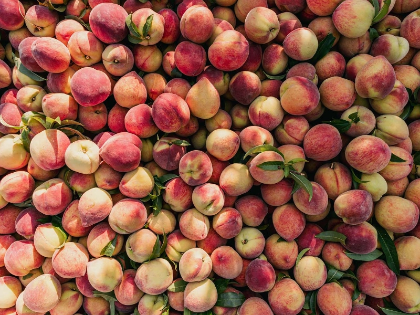Who Should Eat Raw Tomatoes Negatively?
While the majority of people view tomatoes as a savoury cooking component, they are essentially a fruit. They are loaded with minerals, such as lycopene, and have numerous health advantages. Additionally, tomatoes contain calcium, potassium, vitamin C, folic acid, and the B-complex group of vitamins. They contain a lot of lutein and zeaxanthin, as well as phenolic chemicals and carotenoids.
Solanine
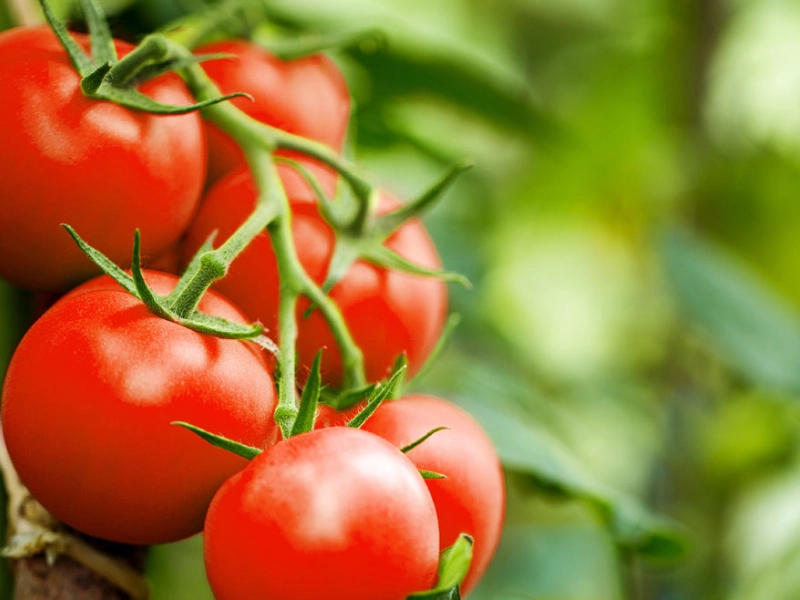
Renal stones
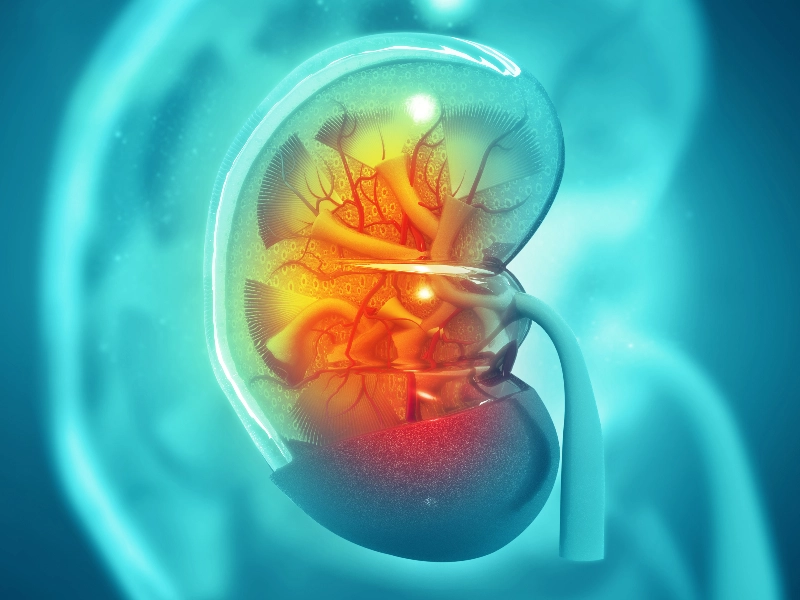 The somewhat sweet and sour veggies are a staple in almost all cuisines. Vitamins C and K, potassium, and antioxidants like lycopene are all abundant in tomatoes. Additionally, this fruit or vegetable is a rich source of fibre and folic acid. Tomatoes have a wide range of health advantages, including support for digestion, cancer prevention, heart health, and even the eyes and the heart.
Additionally, tomatoes are low in calories and a fantastic source of lycopene, potassium, and vitamin C. The abundance of lycopene in tomatoes can aid in the prevention of several types of cancer and cardiovascular disease.
Tomatoes, in contrast to other nightshade fruits and vegetables, are less likely to result in digestive issues. However, eating raw tomatoes is not recommended if you have acidity or GERD because they can exacerbate these conditions. If you have this disease, it is also not a good idea to eat them with other acidic meals, such as meat and dairy products.
The somewhat sweet and sour veggies are a staple in almost all cuisines. Vitamins C and K, potassium, and antioxidants like lycopene are all abundant in tomatoes. Additionally, this fruit or vegetable is a rich source of fibre and folic acid. Tomatoes have a wide range of health advantages, including support for digestion, cancer prevention, heart health, and even the eyes and the heart.
Additionally, tomatoes are low in calories and a fantastic source of lycopene, potassium, and vitamin C. The abundance of lycopene in tomatoes can aid in the prevention of several types of cancer and cardiovascular disease.
Tomatoes, in contrast to other nightshade fruits and vegetables, are less likely to result in digestive issues. However, eating raw tomatoes is not recommended if you have acidity or GERD because they can exacerbate these conditions. If you have this disease, it is also not a good idea to eat them with other acidic meals, such as meat and dairy products.
Acidity
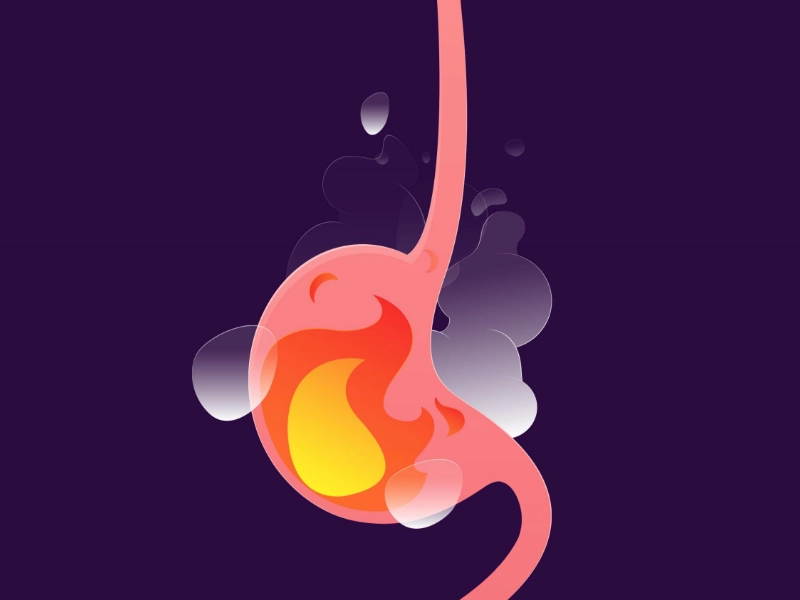 A common fruit that may be eaten both raw and cooked is the tomato. They are a good option for anyone trying to enhance their diet because they are a rich source of nutrients. Because tomatoes are a natural antioxidant, they can guard the body against ageing, cancer, and heart disease. They are also a good source of fibre, potassium, vitamin C, and A.
It's vital to choose tomatoes that are firm, brilliant red, and free of blemishes or bruises when choosing tomatoes for ingestion. They will be safe to eat and ripe as a result of this.
Despite being classified as a fruit, tomatoes have a low pH and can raise stomach acidity. This may result in digestive problems, including GERD and acid reflux. Many people use a slice of carrot in their tomato sauce to counteract this issue, which helps to balance the acidity without changing the flavour. Before consuming raw tomatoes, you should speak with a doctor.
A common fruit that may be eaten both raw and cooked is the tomato. They are a good option for anyone trying to enhance their diet because they are a rich source of nutrients. Because tomatoes are a natural antioxidant, they can guard the body against ageing, cancer, and heart disease. They are also a good source of fibre, potassium, vitamin C, and A.
It's vital to choose tomatoes that are firm, brilliant red, and free of blemishes or bruises when choosing tomatoes for ingestion. They will be safe to eat and ripe as a result of this.
Despite being classified as a fruit, tomatoes have a low pH and can raise stomach acidity. This may result in digestive problems, including GERD and acid reflux. Many people use a slice of carrot in their tomato sauce to counteract this issue, which helps to balance the acidity without changing the flavour. Before consuming raw tomatoes, you should speak with a doctor.
Aching joints
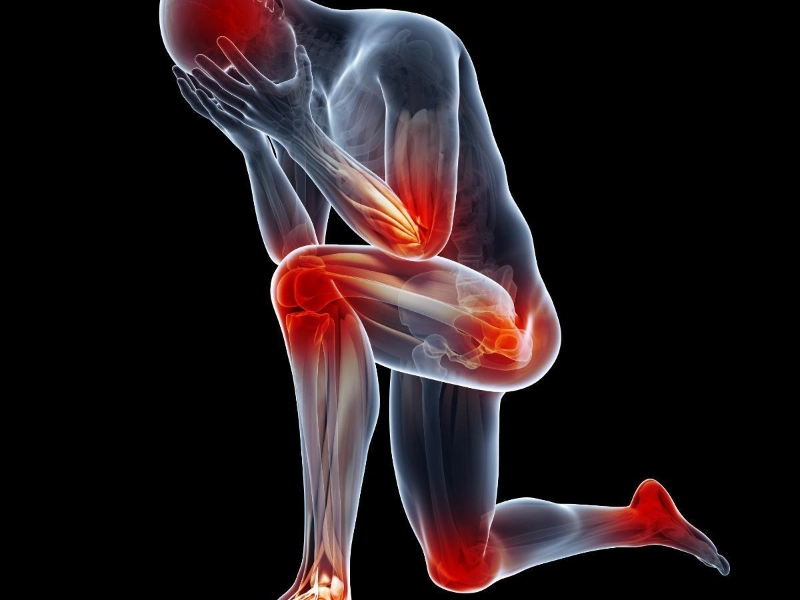 Being a member of the nightshade family, tomatoes contain solanine, which, when consumed in high doses, can be harmful. However, there is no proof in the scientific community that this substance makes arthritic symptoms worse. Tomatoes and other members of the nightshade family of foods, including eggplant, peppers, and potatoes, may cause allergies in certain people. They could be allergic to these veggies, which would result in symptoms like diarrhoea, bloating, and stomach pain.
Additionally, tomatoes contain a significant amount of lycopene, which has been demonstrated to protect against heart disease and fight ageing symptoms like wrinkles. The vegetable is also rich in potassium, vitamin C, and ferulic acid, which decrease blood pressure and prevent inflammation.
By raising levels of specific antioxidants like lutein and zeaxanthin, tomatoes may also help prevent emphysema, a disorder that harms the lungs' air sacs. They also contain a lot of iron, which is necessary for the synthesis of the proteins myoglobin and haemoglobin, which carry oxygen to the body's cells.
Being a member of the nightshade family, tomatoes contain solanine, which, when consumed in high doses, can be harmful. However, there is no proof in the scientific community that this substance makes arthritic symptoms worse. Tomatoes and other members of the nightshade family of foods, including eggplant, peppers, and potatoes, may cause allergies in certain people. They could be allergic to these veggies, which would result in symptoms like diarrhoea, bloating, and stomach pain.
Additionally, tomatoes contain a significant amount of lycopene, which has been demonstrated to protect against heart disease and fight ageing symptoms like wrinkles. The vegetable is also rich in potassium, vitamin C, and ferulic acid, which decrease blood pressure and prevent inflammation.
By raising levels of specific antioxidants like lutein and zeaxanthin, tomatoes may also help prevent emphysema, a disorder that harms the lungs' air sacs. They also contain a lot of iron, which is necessary for the synthesis of the proteins myoglobin and haemoglobin, which carry oxygen to the body's cells.




